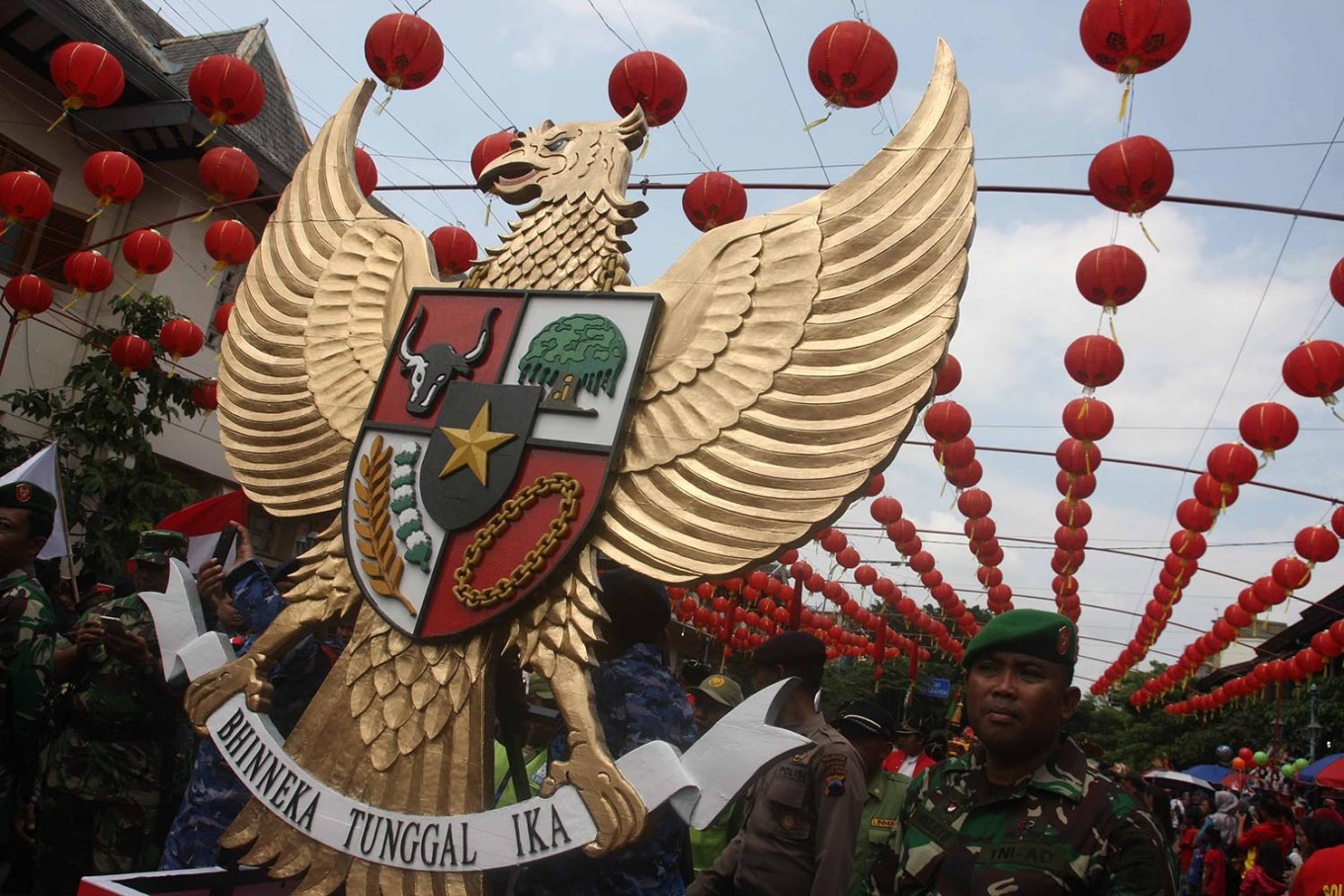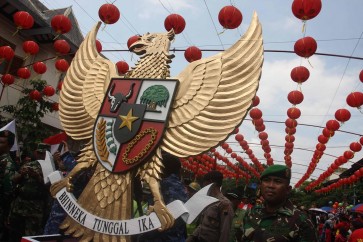Popular Reads
Top Results
Can't find what you're looking for?
View all search resultsPopular Reads
Top Results
Can't find what you're looking for?
View all search resultsEthnicity is futile. Time for Indonesia to move toward civic nationalism
Change text size
Gift Premium Articles
to Anyone
T
he discrimination against Papuans has yet again brought the issue of ethnicity and nationalism into the spotlight. But what is nationalism, especially when faced against the backdrop of ethnic diversity in Indonesia?
Human societies first began with ethnic nationalism. It upholds the principle of jus sanguinis (the law of blood). The nation is largely defined as having a common ancestry. This means that the most important factor in nationality would be the origins of one’s parents and ancestors.
Civic nationalism, also known as liberal nationalism, is a form of nationalism in contrast with ethnic nationalism. Under this paradigm, nationality is not based on ethnicity or religion. It is based on a person’s willingness to follow the shared principles and values of the nation.
French scholar and early civic nationalist Ernest Renan’s characterized the civic nation in “Qu’est-ce qu’une nation?” as a “daily referendum”, people make the conscious choice of living together based on free will, forming a society.
A contemporary example of ethnic nationalism would be China, which has a longstanding tradition of ethnic nationalism. They characterize the Chinese nation as “Descendants of Yan and Huang”, two of the earliest emperors in ancient Chinese folklore.
As early as 1909, the Chinese Nationality Law declared all overseas Chinese regardless of place of birth were citizens of China.
In a hit Chinese song titled “Descendants of the Dragon”, there is a verse which says, “Black hair, black eyes, yellow skin are forever descendants of the dragon”. While it is unarguable that these three traits are notable characteristics of the Han Chinese ethnicity, this is also the official narrative of the Chinese state when it comes to nationality.


















